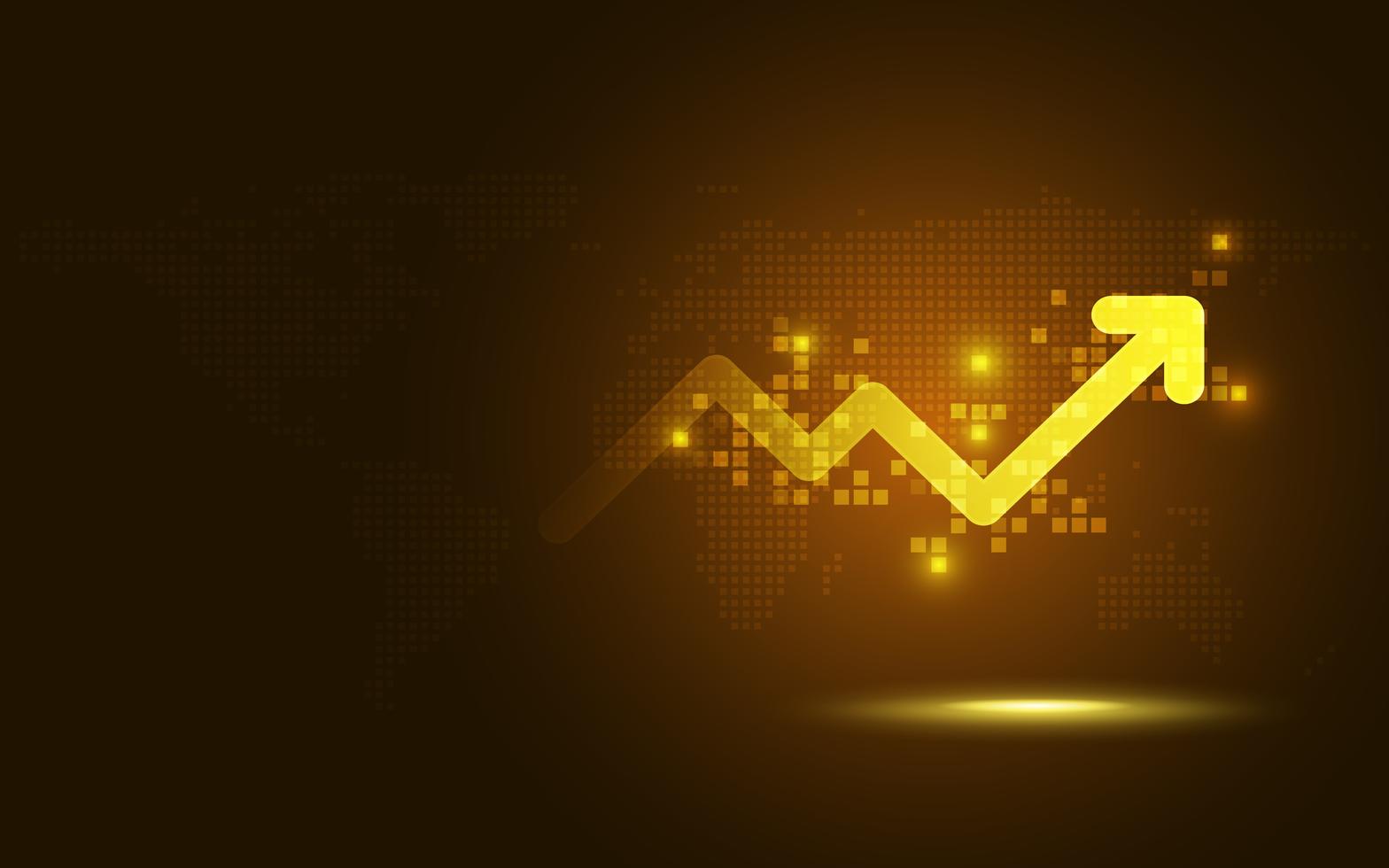The Future of Gold Trading: Trends and Predictions
In the world of finance and investment, gold has always held a special place. It’s not just a precious metal; it’s a symbol of wealth, stability, and security. For centuries, people have turned to gold as a safe haven for their investments. But in today’s rapidly changing financial landscape, what does the future hold for gold trading? In this article, we’ll explore the trends and predictions that are shaping the future of gold trading.
The Historical Significance of Gold
To understand the future, we must first look back at the history of gold. Gold has been a form of currency and a store of value for thousands of years. It played a crucial role in the international monetary system until the 20th century. Even today, central banks hold significant reserves of gold.
The Role of Gold in Modern Portfolios
A Hedge Against Economic Uncertainty
Gold has long been considered a hedge against economic uncertainty. When financial markets are volatile, and currencies are devalued, investors flock to gold as a safe haven. The demand for gold tends to rise during economic crises.
Portfolio Diversification
Investors have increasingly recognized the importance of diversifying their portfolios. Gold, with its low correlation to other assets like stocks and bonds, provides an excellent way to achieve diversification. This is likely to continue in the future as investors seek to manage risk.
Technological Advancements in Gold Trading
Digital Gold Trading Platforms
In recent years, the emergence of digital gold trading platforms has made it easier for retail investors to buy and sell gold. These platforms offer convenience and transparency, and they are likely to become more prevalent in the future.
Blockchain and Gold
Blockchain technology is being integrated into the gold industry, allowing for increased transparency in the supply chain. This not only reduces the risk of fraud but also provides assurance regarding the authenticity and origin of gold.
Environmental and Ethical Concerns
Responsible Sourcing of Gold
Consumers are becoming more conscious of the ethical and environmental implications of their purchases. This trend has led to increased demand for responsibly sourced gold. The future of gold trading will likely involve stricter standards and certifications to meet these demands.
The Influence of Central Banks
Gold Reserves and Monetary Policy
Central banks continue to hold gold reserves as part of their monetary policies. Changes in these reserves can have a significant impact on gold prices. The future of gold trading will be influenced by the decisions of central banks worldwide.
Geopolitical Factors
Trade Tensions and Global Politics
Geopolitical tensions and trade disputes can have a profound effect on the price of gold. As long as these issues persist, gold is likely to remain a sought-after asset during uncertain times.
The Future of Gold Trading: Predictions

Gold Prices Will Remain Volatile
The historical volatility of gold prices is unlikely to change. Investors should expect fluctuations in gold prices as it reacts to various economic and geopolitical events.
Continued Investment in Gold
Given its historical track record and role as a store of value, gold will continue to be an attractive investment for those seeking stability and long-term growth potential.
Growing Demand from Emerging Markets
As economies in emerging markets expand, so does their demand for gold. This trend is expected to continue, further boosting the global demand for gold.
Regulatory Changes
With the growing interest in digital gold trading and responsible sourcing, regulatory changes are on the horizon. These changes will impact the industry’s transparency and integrity.
Gold’s Role in a Green Economy
As the world moves towards a greener economy, gold’s use in sustainable technologies, like electronics and renewable energy, may increase, creating additional demand.
Conclusion
The future of gold trading holds promise and challenges. While gold’s historical significance remains, it faces new dynamics driven by technology, environmental concerns, and global economic shifts. As investors and traders navigate these changes, one thing remains certain: gold will continue to be a valuable asset in the world of finance.
FAQs :
1. Is gold still a safe investment in today’s volatile markets?
A1: Yes, gold is considered a safe haven in times of market volatility and economic uncertainty. It has maintained its status as a store of value for centuries.
2. How can I invest in gold?
A2: You can invest in gold through various means, including physical gold, gold ETFs, and digital gold trading platforms. Each has its advantages and risks.
3. What are the environmental concerns related to gold mining?
A3: Environmental concerns include deforestation, water pollution, and habitat destruction. Responsible sourcing initiatives aim to mitigate these issues.
4. What role do central banks play in the gold market?
A4: Central banks hold gold reserves as part of their monetary policies. Their decisions can influence the supply and demand for gold.
5. Will digital gold trading replace traditional methods?
A5: Digital gold trading is growing in popularity but is unlikely to replace traditional methods entirely. Both will coexist in the future gold trading landscape.






